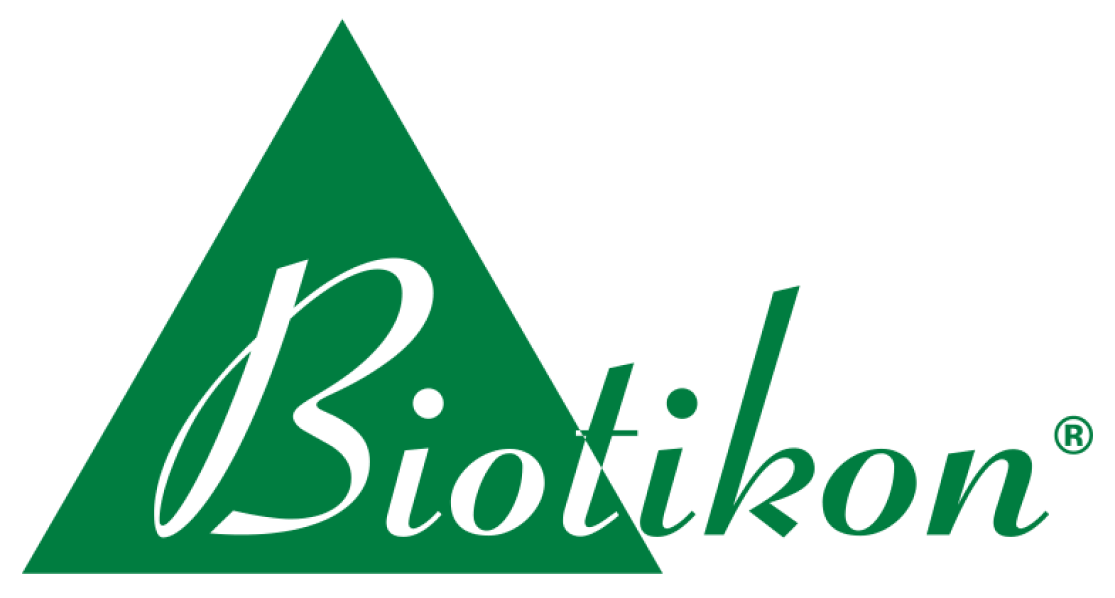
Micelle turmeric - 185 times better bioavailability?
Polysorbate 80 is often found in products that are described as world novelties. Polysorbate 80 is also known as E433. It is a synthetic emulsifier that is approved as a food additive in Europe. In some cases, quite high levels of polysorbate 80 are also found in dietary supplements. A human study states that liquid micelle turmeric with polysorbate 80 has 185 times higher bioavailability than conventional Curcuma longa powder.
[1] Bioavailability can also be improved with natural substances. The best known example is piperine. With this, a 20-fold increase in the bioavailability of Curcuma longa powder could be achieved in humans and animals. This corresponds to 2000%.
[2] It is true that artificial micelle turmeric has increased bioavailability. However, supplements containing micelle turmeric often contain higher amounts of polysorbate 80, which has the property that it can easily pass through natural membranes and enter cells. However, precisely because of these cross-border properties, there are also significant disadvantages. Some are mentioned here.
These include:
1. inhibition of cellular respiration
Polysorbate 80 caused a reduction of the electrical membrane potential in the mitochondria (energy power plants) of the cell in an animal study. As a result, cellular respiration and ATP synthesis were affected. This resulted in lower ATP production. ATP is essential as a universal energy molecule in the body.
2. increased bioavailability of environmental toxins
In the same study, polysorbate 80 was also shown to make the environmental toxin phthalate more bioavailable. Phthalate is one of the plasticizers.
3. influence on the reproductive organs.
In another study in rats, reproductive organs were affected in test animals after administration of polysorbate 80
4. disturbance of intestinal flora, obesity, metabolic syndrome and liver damage.
Polysorbate 80 caused disruption of intestinal microbial flora in mice. This disruption has been linked to various chronic inflammatory diseases, obesity and metabolic syndrome. A further study with mice also showed liver damage in the animals.
Conclusion:
To make a fat-soluble dietary supplement like turmeric also water-soluble and thus increase its bioavailability, you don't have to use chemicals. A real alternative is turmeric extract with natural phosphatidylcholine from phospholipids or the combination of turmeric with the bioenhancer piperine from black pepper. These natural bioavailability enhancers have the advantage of respecting natural limits. Besides polysorbate 80, other synthetically produced emulsifiers and stabilizers also circulate in liquid food supplements. Here one should inform oneself exactly in the individual case, before one takes a preparation.
[2] Influence of piperine on the pharmacokinetics of curcumin in animals and human volunteers.
[4] Delayed effects of neonatal exposure to Tween 80 on female reproductive organs in rats.
[5a] Dietary emulsifiers impact the mouse gut microbiota promoting colitis and metabolic syndrome.
